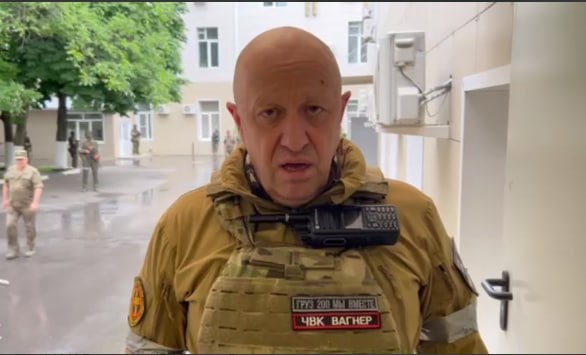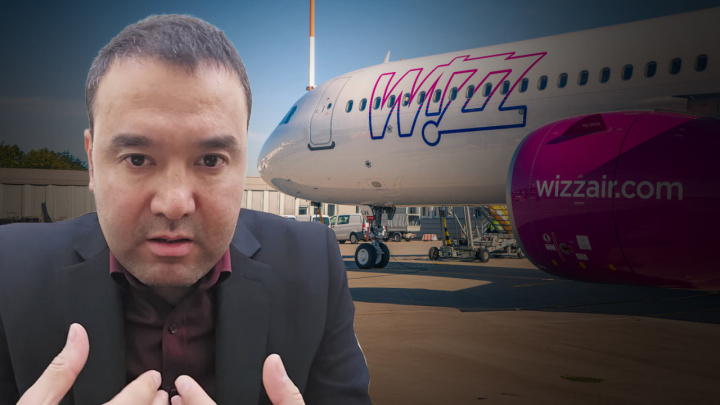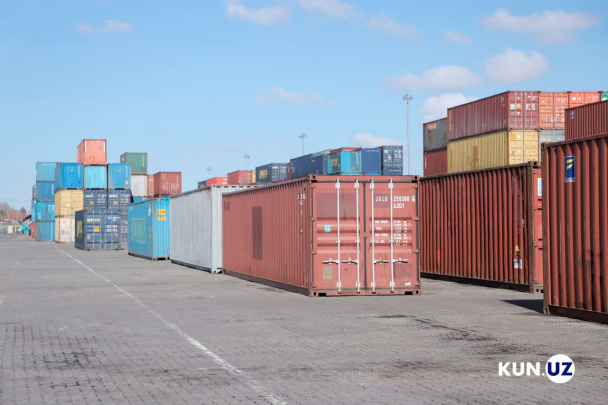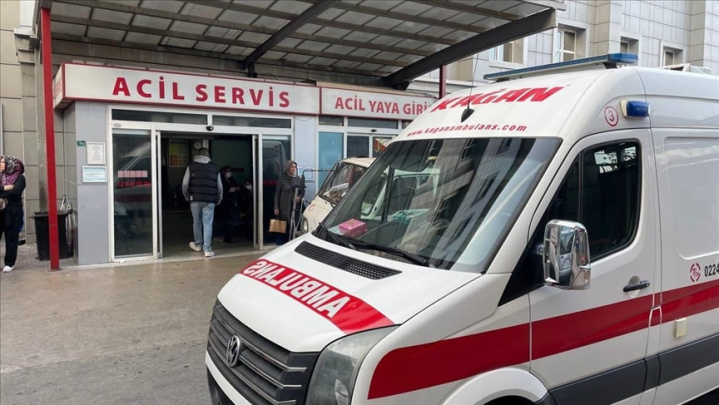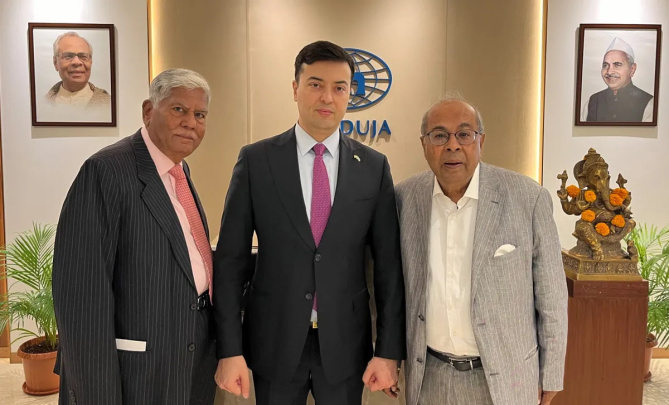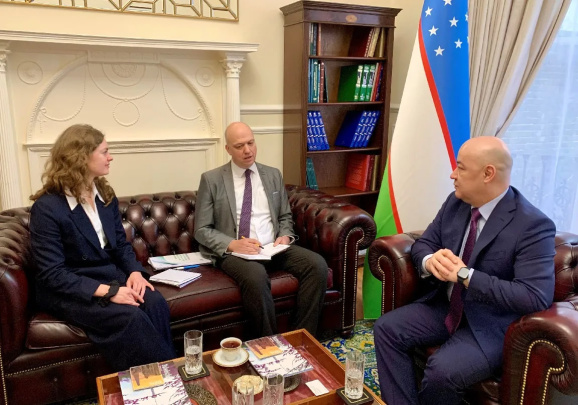On June 23, Prigozhin unleashed a new tirade against the Russian military and then marched his troops into the Russian city of Rostov-on-Don, CNN writes citing its sources.
Russian President Vladimir Putin called Wagner’s actions “treason” and has vowed to punish those behind the “armed uprising”.
How did it all start?
The dramatic turn of events began on Friday when Prigozhin openly accused Russia’s military of attacking a Wagner camp and killing a “huge amount” of his men. He vowed to retaliate with force, insinuating that his forces would “destroy” any resistance, including roadblocks and aircraft.
“There are 25,000 of us and we are going to find out why there is such chaos in the country,” he said.
Prigozhin later rowed back on his threat, saying his criticism of the Russian military leadership was a “march of justice” and not a coup – but by that point, he appears to have already crossed a line with the Kremlin.
The crisis then deepened as Prigozhin declared his fighters had entered Russia’s Rostov region and occupied key military installations within its capital. That city, Rostov-on-Don, is the headquarters for Russia’s southern military command and home to some one million people.
Prigozhin released a video saying his forces would blockade Rostov-on-Don unless Defense Minister Sergei Shoigu and Russia’s top general Valery Gerasimov come to meet him.
Prigozhin has spent months railing against Shoigu and Gerasimov who he blames for Moscow’s faltering invasion of Ukraine.
Kremlin’s response
Hours later Putin made an address to the nation that illustrated the depth of the crisis he now confronts.
“Those who carry deliberately on a path of treason, preparing an armed rebellion when you were preparing terrorist attacks, will be punished,” Putin said.
The Russian President said, “Any internal turmoil is a deadly threat to our statehood for us as a nation; it is a blow to Russia for our people and our actions to protect our homeland. Such a threat will face a severe response,” he added.
Russia’s Defense Ministry denied attacking Wagner’s troops, calling the claim “informational propaganda.”
And the Federal Security Service (FSB), Russia’s internal security force, also opened a criminal case against Prigozhin, accusing him of calling for “an armed rebellion.”
“Prigozhin’s statements and actions are in fact calls for the start of an armed civil conflict on the territory of the Russian Federation and are a stab in the back of Russian servicemen fighting pro-fascist Ukrainian forces,” an FSB statement said, calling for Wagner fighters to detain their leader.
Russian officials and politicians are calling for unity
Russian officials and politicians have been making abstract calls for unity since the very morning. They, like Putin, are not mentioning Prigozhin by name.
Vyacheslav Volodin, Speaker of the State Duma:
“Deputies of the State Duma, representing the interests of the citizens of Russia, stand for the unity of forces and support President Vladimir Putin, our Supreme Commander-in-Chief. The Wagner fighters must make the only correct choice: to be with their people, on the side of the law, to protect the security and future of the Motherland, and to follow the orders of the Supreme Commander. Anything other than this is considered a betrayal!”
Valentina Matviyenko, Chairperson of the Federation Council:
“In the Federation Council, there is full support for the President - the guarantor of the Constitution - and a clear understanding of how important in the current situation is the responsible and consolidated position of the whole society, residents and leadership of all subjects of the federation without exception. The president has said it all.”
Maria Zakharova, official representative of the Ministry of Foreign Affairs:
“We have one commander in chief. Not two, not three. One. And he called on everyone to unite. This is the main thing now. We all have our own attitude to everything. But there come moments in history when one’s personal needs to be put aside for later.”

